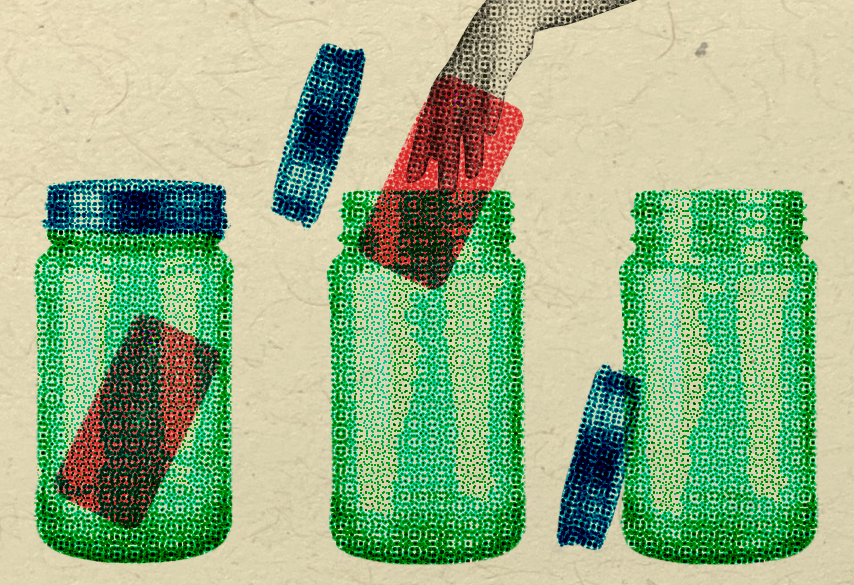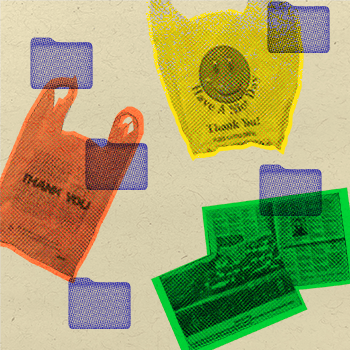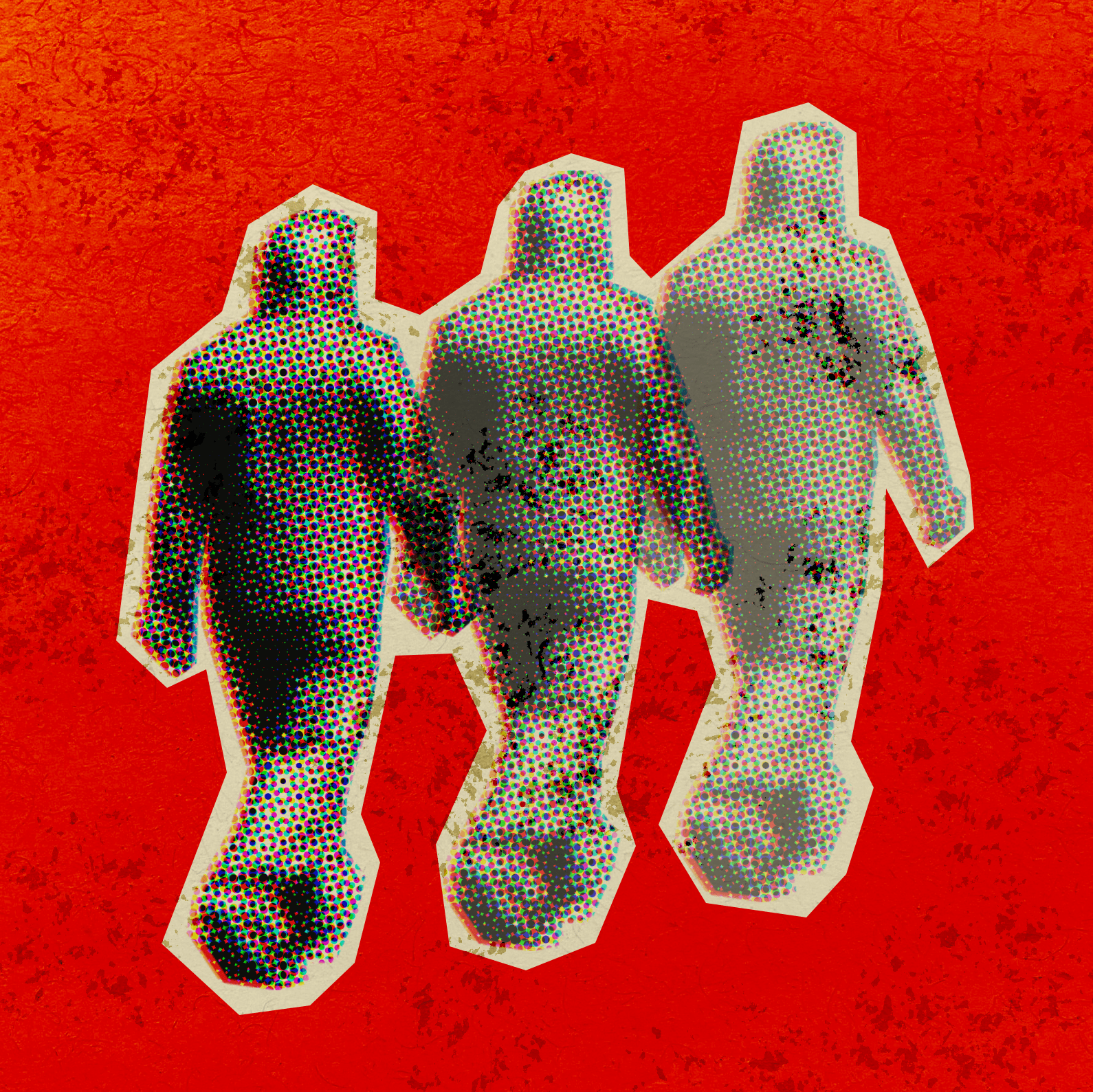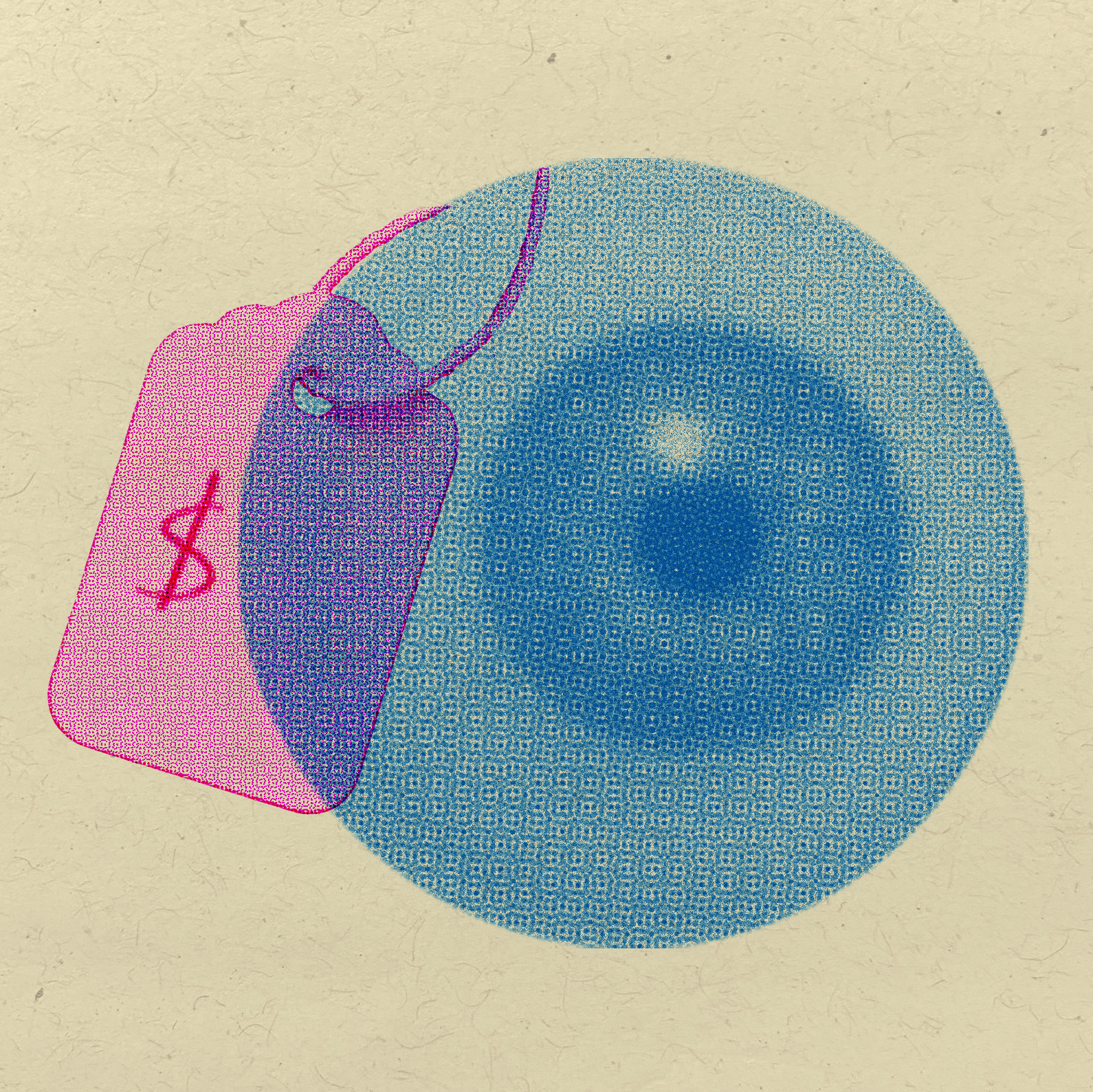When we talk about “going offline”, we tend to mean simply ignoring the constant notifications from social media, texts from friends, and relentless marketing emails. “Offline” as a concept has even been commodified in the form of dedicated retreats catered to the overwhelmed millennial (Getaway Cabins anyone?). I have been guilty of apologizing for a weekend of ignoring messages using the excuse of “I was trying to avoid screens”, all while doom-scrolling on another platform that is masquerading as less social interaction. Having spent the past few weeks being forced to look down the barrel of how much data I leak on a daily basis just by existing I found myself wanting to test this boundary. How much information about myself and my daily life do I unintentionally hand over to the companies of products that I use? Would it even be possible for me to function without being attached to my iPhone?
I like to think I’m aware of my device dependencies and often consider myself a late-adopter of digital tools and services. This was probably a by-product of my dad’s simultaneous love of technology (he was an early MS DOS engineer & computer salesman) and skepticism of digital life (he refused to trust cloud-based services). For example, I refused to use Apple Pay even when most of my peers did. It was only once I had forgotten my wallet at work one day (and thankfully had my card details memorized) that I caved and added my card to the platform as an alternative to going hungry at lunch. I never looked back. I even immediately switched over to using OMNY (New York City’s contactless payment system for public transit) instead of my MetroCard. Once the floodgates were opened, the transition was rapid and ubiquitous.
When planning this experiment, I initially suggested going entirely offline for a whole week. I quickly realized this would be impossible. As a user experience design student, my degree quite literally revolves around digital products. A weekend, then? e. But what about social obligations and errands that required me to leave my home? How would I do this without shutting myself in my apartment all weekend to avoid having to deal with the lack of a phone? The amount of crochet I would compensate with would give me blisters that would outlast my digital detox by a considerable amount.
I opted for a dynamic duo of the weekend and strict rules.
The rules were as follows:
Total disengagement is impossible (between my smart bulbs and package room lock in my apartment building). Instead, my aim is to limit and document any screen time. I’ll track this easily via Apple’s handy dandy Screen Time feature.
Only work can be done on my laptop - because why on earth would anyone even try and do HTML on paper?
I must use my phone as little as possible, and place it in airplane mode when not in use. (Note: this rule was broken almost immediately, but no spoilers!)
Duolingo is allowed, I can’t face the shame of breaking my Korean streak.
Running a quick audit of my phone, I recorded the screen-time for the similar time period the weekend before the experiment. On Friday, it was around 90 minutes, for Saturday/Sunday I clocked in at over 3 hours (it was a non-productive, rot away on the internet kind of weekend)... How often I lifted my phone (“pick ups”) stayed about the same, no matter how long I spent on my phone - about 175 each day. Seeing numbers in the triple digits makes me feel like I’m in confessional for my obvious dependence on my phone, but I promised myself brutal honesty when I set out to do this project, so here we go!
Day 1
Realizing how hard this was going to be was as instant as the notifications popping up on my lock screen upon waking. A weekend full of obligations sounds like a great test until you realize that both tickets for the events you’re attending are digital. Here’s that near-immediate rule change I warned you about - it was either waste $30 or use my phone. I’m pretty sure you’d make the same choice I made. Speaking of wasting money, I also realized I was a day shy of reaching my weekly transit fee cap and earning free rides for the rest of the weekend. In true thrifty student fashion, I refused to pay more money for subway rides than necessary.
The subway does bring up a good point: it showed me just how much I rely on my phone as a crutch or distraction. Train rides without music were rough. Had I not been on my way to a Halloween party for my second trip of the day I definitely would have brought a book. Or a crochet project. Or a sudoku. Anything to avoid stewing in my own thoughts for 45 minutes. It was also interesting to be the only person not on my phone in the group at said Halloween party during lulls in the evening.I missed catching some photos that my friends uploaded to Instagram stories. They are lost to the void of the internet. Then again, isn’t that sort of the poetic point of “disposable” stories?
The plus side of Day 1? My geography of NYC south of the grid system is infinitely better than I thought it was! There was a point in my afternoon where I very seriously considered going full Zillenial and printing a Google Maps page for my instructions for the evening, but thankfully I made it through the LES without it.
Day 2
Having very few plans on Sunday felt like a little bit of a cheat day after the amount of navigating (both of the city and life without a phone post-addicted state) I had done the day before. However, I did have a lot of errands that had me running around my own neighborhood, as well as laundry that, thanks to the ‘high tech’ upgrades my building has implemented, now requires my phone. Aside from these complications, there was something to be said for being home for a while and not having my phone as a crutch to doom-scroll. To my own surprise (and credit), I did not cheat and use a different device. Aside from my rule-abiding ~300 lines of CSS, anyway. While Saturday was more a practical test of limiting my device usage and how well I could function in my daily life (the answer was, disappointingly but admittedly unsurprisingly, not at all). Sunday was more about intentionally disconnecting myself from my device and removing a form of entertainment that has hacked away at my attention span in recent years.
I don’t think I was significantly more productive on Sunday than I would have been without my phone - I just compensated in different, probably healthier ways. That said, I’m starting to think they might be onto something with this blue light lark (read: very well proven studies that show the disruption of blue light). I’m convinced that I woke up on Monday morning more well-rested than I have in a while. Maybe it’s time to go back to reading on paper despite having yellow tones activated on literally everything once I’ve logged off from my work for the day…
Reflection
For my endpoint data, I clocked in at about 1 hour of screen time on Saturday (somehow still with 167 pick-ups?) and about 1 hour 15 minutes on Sunday (126 pick-ups). So do I think I was successful in reducing my data leakage? Probably not. If I had to build a picture of my life for the weekend based purely on the data from my phone it would probably be surprisingly complete. The MTA knows I left the UES, then left the LES a few hours later. Google knows that I cheated and looked up a pizza spot at midnight on the LES. The company that runs my laundry room knows I ran 3 washers and 1 dryer. All companies know exactly at what time, and at which coordinates, I performed these actions. While I was successful in disconnecting myself from social media for the weekend, I was still tagged in posts, even if I never saw these myself. My life is so closely intertwined with technology (not just my phone) that completely extracting myself was functionally impossible. Do I think the minor data leakage I may have secured is a gateway to going completely cold turkey and rebuilding some aspects of my home and life technology-free? Absolutely not.
However, it was interesting to think about how much of my attention had been unavailable for companies to barter for. With plenty of conversations in the past few weeks about the attention economy and the concept of consuming advertisements online, how much of my time that would normally have been available was taken out of the equation? The answer, quantifiably, is about 2 - 4 hours daily. Though not a significant amount in the eyes of advertisers, it is a huge amount in the eyes of an individual user. I had been reduced to the 50% of potentially wasted advertising - only being exposed to non-targeted adverts like billboards or that one gross subway ad for The League. I may still have been leaking significant data, but at least I wasn’t donating hours of my time.
On reflection, this experiment was a great way to become more cognizant of what data I am subconsciously leaking on a daily basis, a little during the weekend itself, but even more when I returned to “normal”. Trying to go entirely offline in the course of my everyday life was more stressful than I anticipated. It was certainly made clear why the popular retreats and weekends spent away from the incessant demands for our attention that our devices and social media make. If you are feeling inclined to give yourself the slightly harsh wake-up call that I received, a similar challenge may be helpful. You will likely learn some unwelcome things about your dependence on the digital world as well as how much information you provide to companies on an almost minute-by-minute basis. On the other hand, you might notice ways to recover a decreased attention span or finally get a better night's sleep. Do I think I’ll be doing “digital detoxes'' regularly after this? Probably not. But you know what? A Getaway Cabin sounds much more appealing than it did 2 weeks ago.




